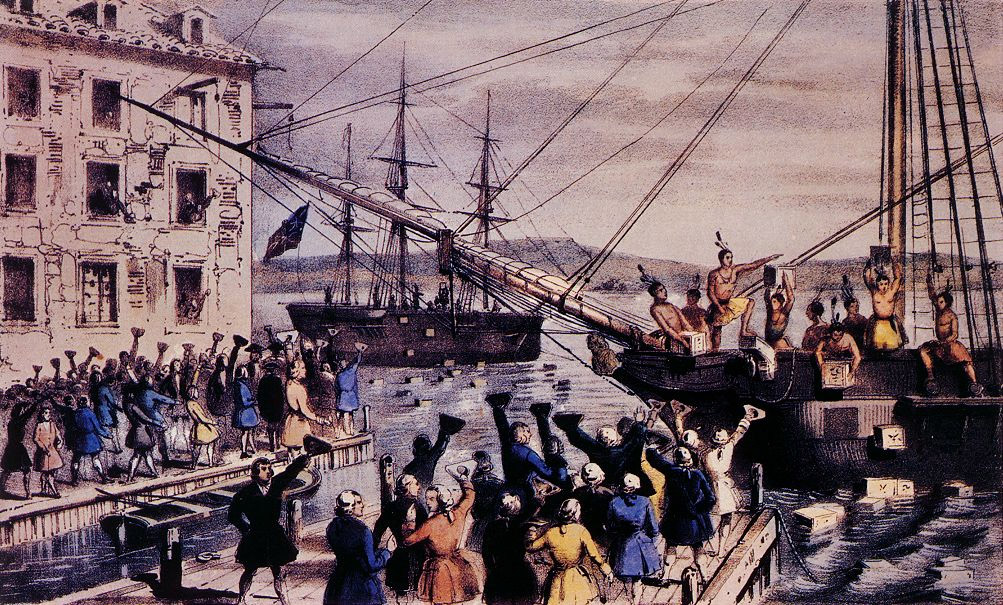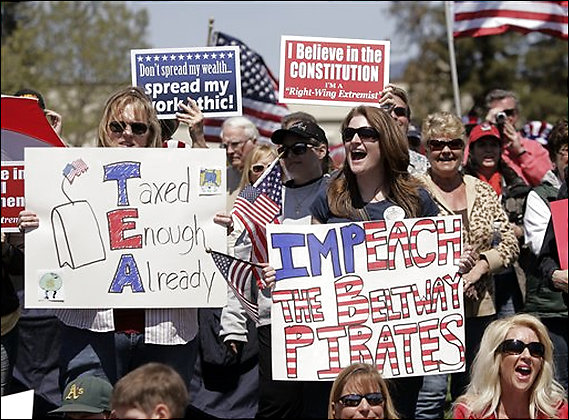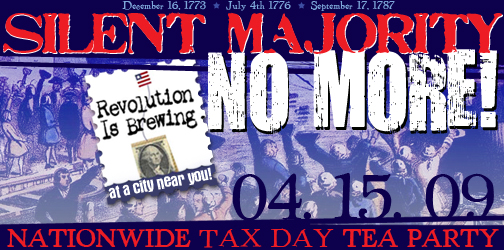In an article i read yesterday entitled "Economists Agree: Tax Cuts Don't Create Revenue" the author, Edward Lotterman, insisted that reductions in tax rates do not, as many economists and politicians say "pay for themselves."
Lotterman wrote; "University of Michigan economist Joel Slemrod is adamant on one of the key economic issues of our day: 'Tax cuts don't pay for themselves! Period!'
Hardly any economist would disagree. This is true for Republicans as well as Democrats. It is also true regardless of whether they describe themselves as NeoClassical, New Classical, Rational Expectations, Monetarist, Keynesian, Austrian or New Institutional economists."
There you have it. All economists. All economists except for; Larry Kudlow, Stephen Moore, John Rutledge, Jude Wanniski, Bruce Bartlett and other notable Supply-side economists and economic insiders such as Alan Greenspan, Steve Forbes, Arthur Laffer, Robert Mundell, and past supply-siders like Adam Smith, and Alexander Hamilton. Since hardly any economist would disagree. Who are these people then?
The article went on to say that; " For 90 years, virtually all have agreed that the way to deal with external costs like pollution is to tax whatever causes it."
Yes this is true. The best way to curb things, such as pollution, is to tax what causes it. To best way to curb smoking as they learned in New York, is to tax it. As a result the Washington Post says smoking has gone down in New York. Now, to me, this argument seems counter productive for some of Mr. Lotterman's views. For using his own argument, i can then make the case that the best way to curb economic activity and growth, is to tax what causes it, which would be people's income. Like taxing non-fuel efficient cars and energy usage if i tax income and investments, just like pollution, economic activity will go down.
However the point that he misses in his claims are that tax cuts generally increase economic activity. The more energy usage and the more non-eco friendly devices, the more pollution. So the more income, the more economic activity. So if people have more money, they will spend more, which, leads to more revenue. This is why many are attracted to what is known as the 'Fair Tax' which is a 25% national sales tax in substitute for the income tax.
Lotterman rambles on saying that: "...and the idea that a tax cut would increase tax revenue is particularly dangerous. Since the federal budget was last near balance a decade ago, we have been running persistent deficits that increased the national debt, adjusted for inflation, by 57 percent from 2001 to 2009."
Perhaps Mr. Lotterman would like to dive into how that surplus turned into a deficit? It's very simple. Government spending. The truth is from 2003-2006 we had solid economic growth. The problem, and why we didn't have more growth, was spending. We had a multi trillion dollar war, a 7 trillion dollar RX drug, and a 400 billion dollar stimulus.
Listen to this from the Tax Foundation: "...I'm not sure what Bernstein's definition of "high economic growth" would be, but if he's implying that there is no evidence that lower tax rates help promote economic growth, he's way off the mark. Of course, it's not always the case that a tax rate cut will promote economic growth given that there must be some spending offset, but I could come up with a pretty good list of tax rate cuts financed by spending cuts that would increase economic growth."
The Bush tax cuts greatly helped the economy, but i suppose Mr. Lotterman isn't interested in seeing the facts.
Fact: GDP grew at an annual rate of just 1.7 percent in the six quarters before the 2003 tax cuts. In the six quarters following the tax cuts, the growth rate was 4.1 percent.
Fact: The economy lost 267,000 jobs in the six quarters before the 2003 tax cuts. In the next six quarters, it added 307,000 jobs, followed by 5 million jobs in the next seven quarters.
This shows that the economy greatly improved after the tax cuts. Yet again spending is the problem. You don't have to be an economist to known that no matter how much money you rake in if you blow it all you want find much revenue.
The article goes further to say: "The Reagan administration did cut corporate and personal income tax rates and closed loopholes, thus broadening the base of income subject to taxation. And government revenues at the end of the administration were higher than at the beginning. However, they would have risen even more without the tax cuts."
Well that is like saying you lose a game but you would have won if this or that had happened. Well i didn't happen. So how can you say that revenue would've been higher? That's like "I would've done better if it was indoors." Really would you have been better? You have nothing to compare it to so you don't know.
I go back to my original point. In New York they increased their already highest cigarette tax in the country tax. As a result, they got less smoking. So less cig 'revenue.' If they lowered it, they would get more smoking revenue off of cigarettes. The same applies to income and taxes.
Case closed. Game over Lotterman.
Read the article here: http://www.twincities.com/ci_14665516?IADID=Search-www.twincities.com-www.twincities.com
Subscribe to:
Post Comments (Atom)



















No comments:
Post a Comment